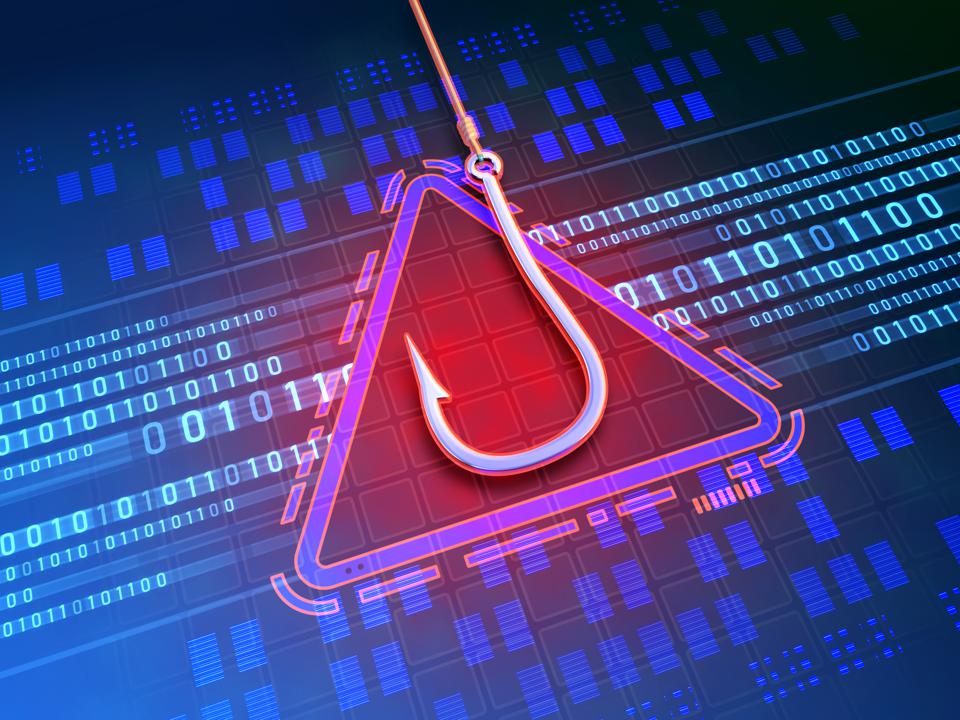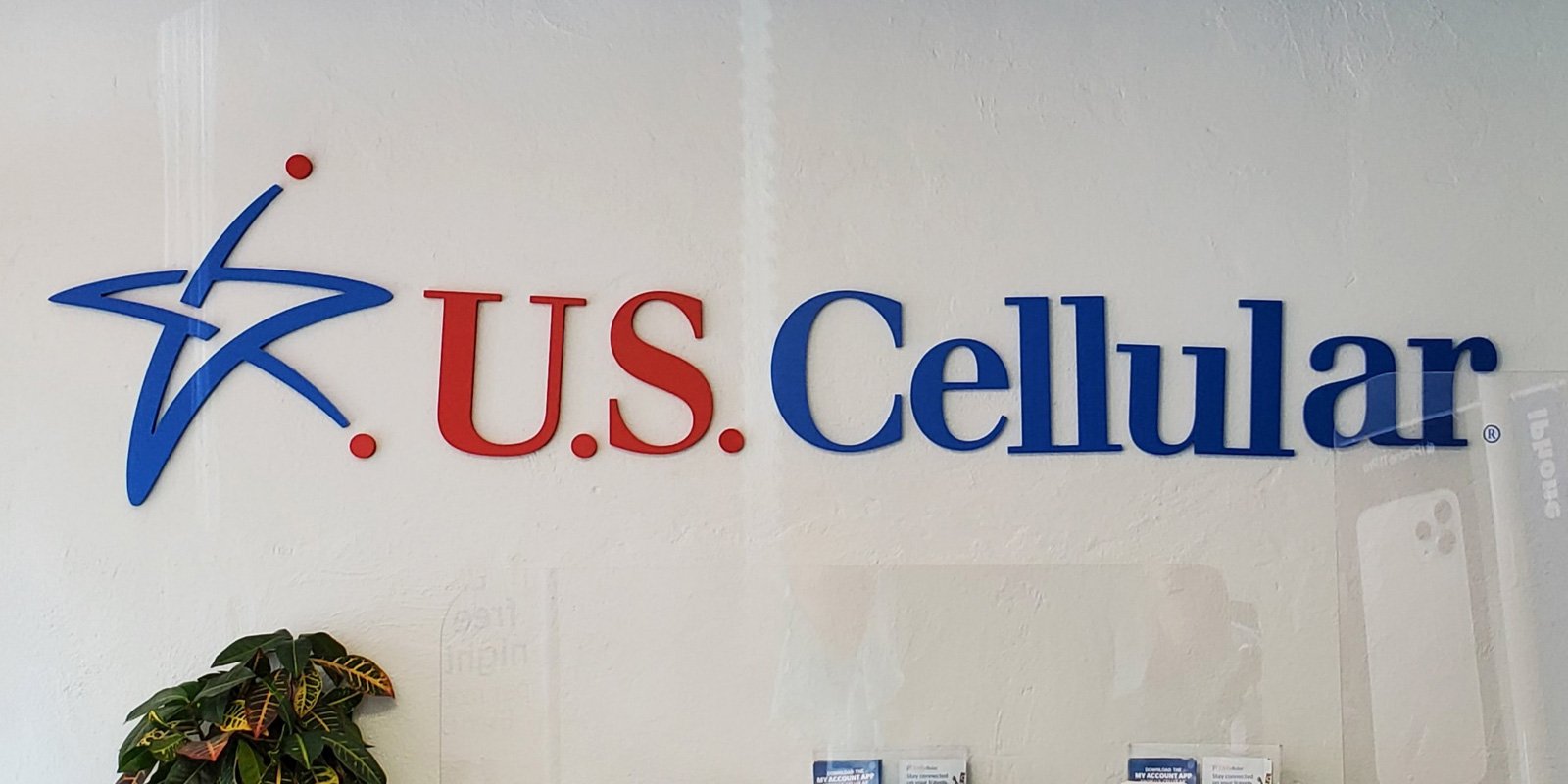This social media migration is a hacker’s dream
Early 2021 has seen an inspiring evolution in the way people communicate online. Unfortunately hackers are eager to find ways to exploit these advances, particularly in forums where politics are discussed, and especially on the conservative side.
Case in point the various platforms where citizens discussed QAnon conspiracy theories and MAGA agenda. Most of the platforms experienced a shake-up following the riots that resulted in the breach of the Capitol in Washington, DC.
The platforms derided by what has become a mass exodus from traditional Big Data social media are Twitter, Facebook, Instagram, WhatsApp and TikTok. The companies that hosted the “problem” include Amazon, Apple, Facebook and Google. The migration landed primarily at Gab, Parler, Rumble and Signal, as well as some smaller players in the messaging game.
In its never-ending march to a post-privacy society, Facebook announced it would deploy data associated with its nearly 2 billion users throughout the company’s ecosystem of apps on the same day of the riot–January 6. The announcement was met with universal disapproval but it quickly became more amplified on the Right, since it coincided with the de-platforming of former President Donald Trump and riot participants who posted their crimes in the Capitol online. The right-wing Twitter alternative Parler was swamped with new users and then shortly thereafter taken offline by its hosting provider at Amazon Web Services.
That’s an enormous number of people moving digitally, and concomitantly provided an opportunity for hackers. The secure messaging service Signal reported periodic outages from the influx of new users, and Telegram added 25 million new users over a 72 hour period according to its CEO.
Although the privacy and security settings offered by alternative messaging services like Telegram and Signal may appeal to users looking for a secure place to exchange views and information, they may not be as failsafe an option as they seem.
Reports of hacking are already circulating
I was contacted by a person who was doing research on QAnon in the wake of the riot who had a surprising interaction. While messaging on Telegram with Trump supporters and…





